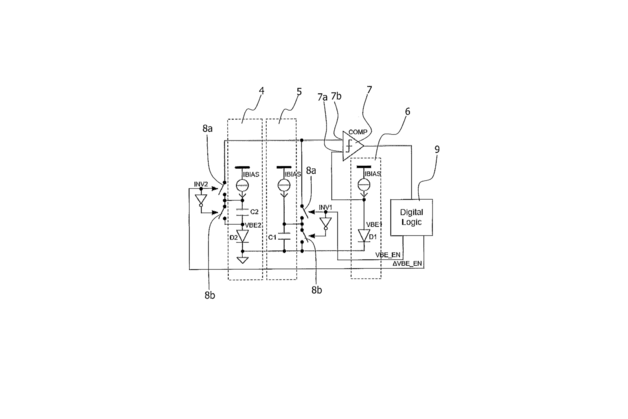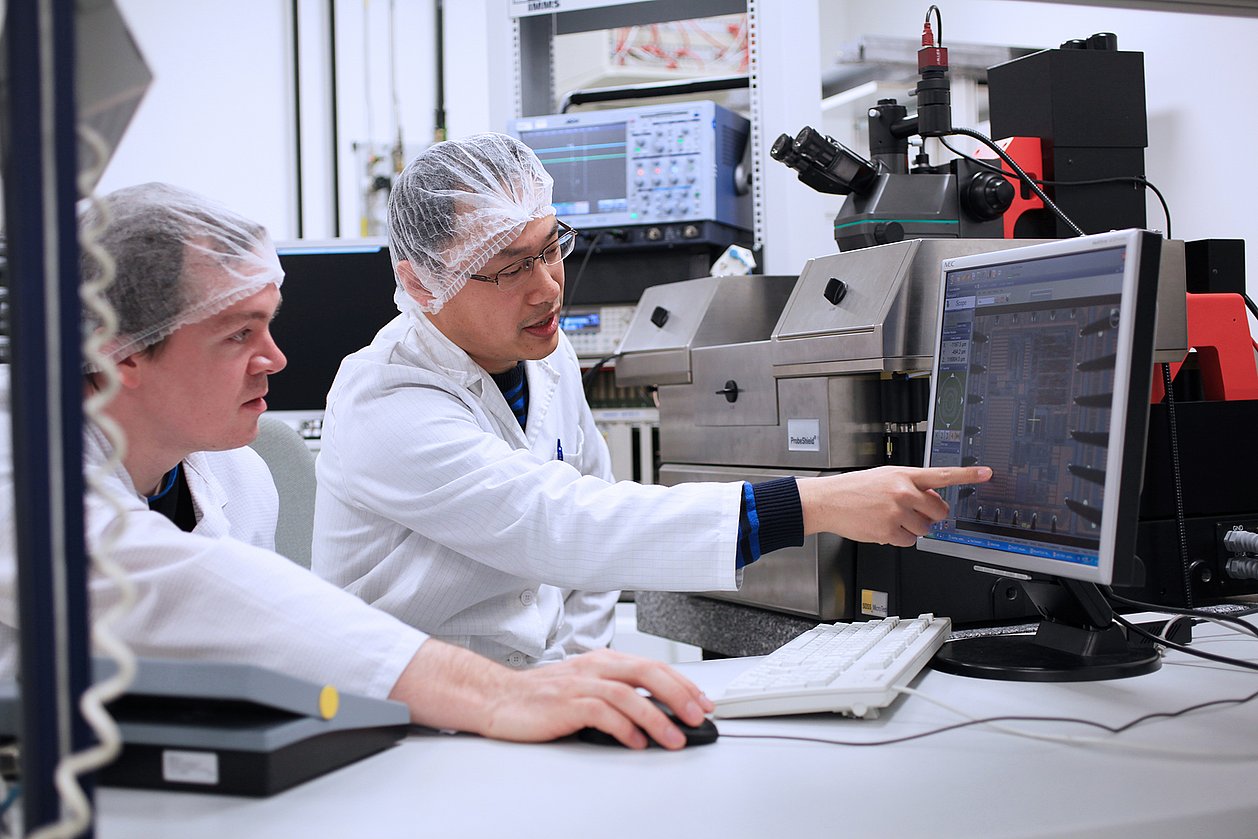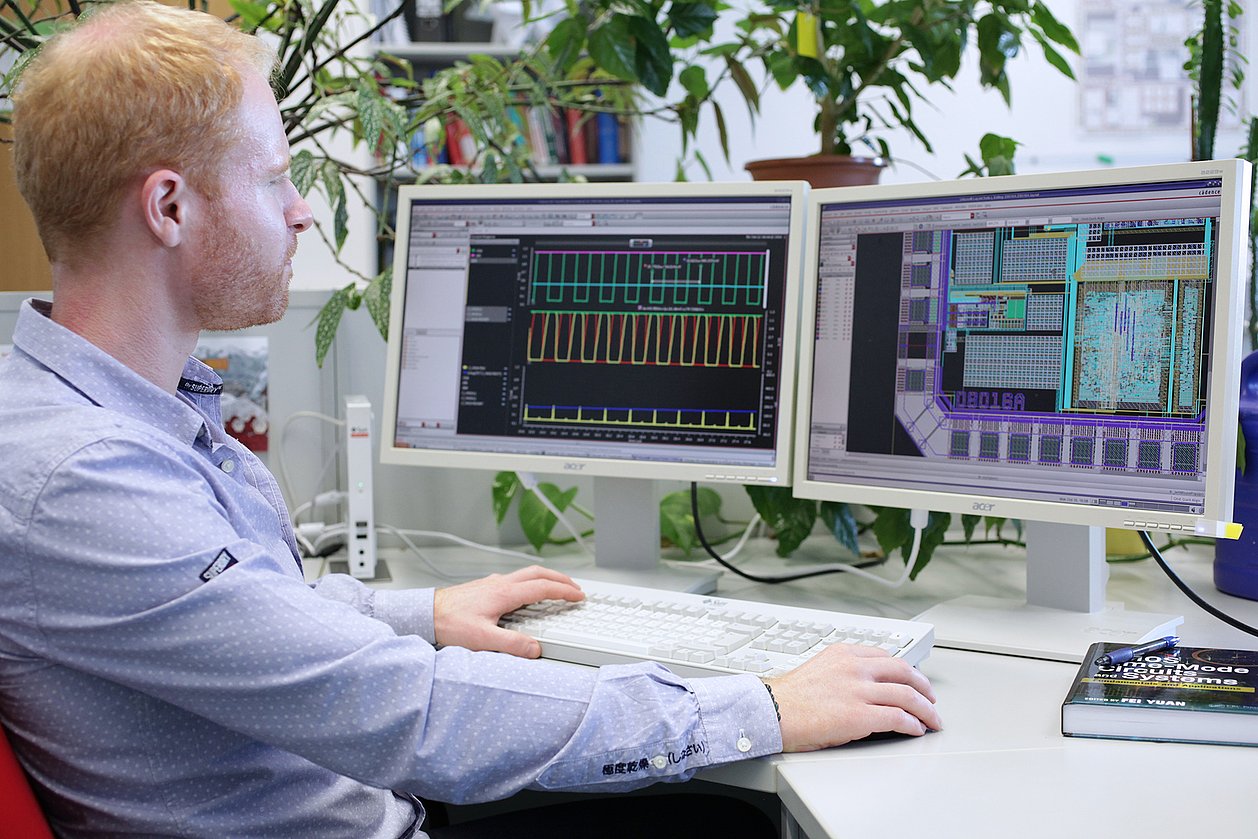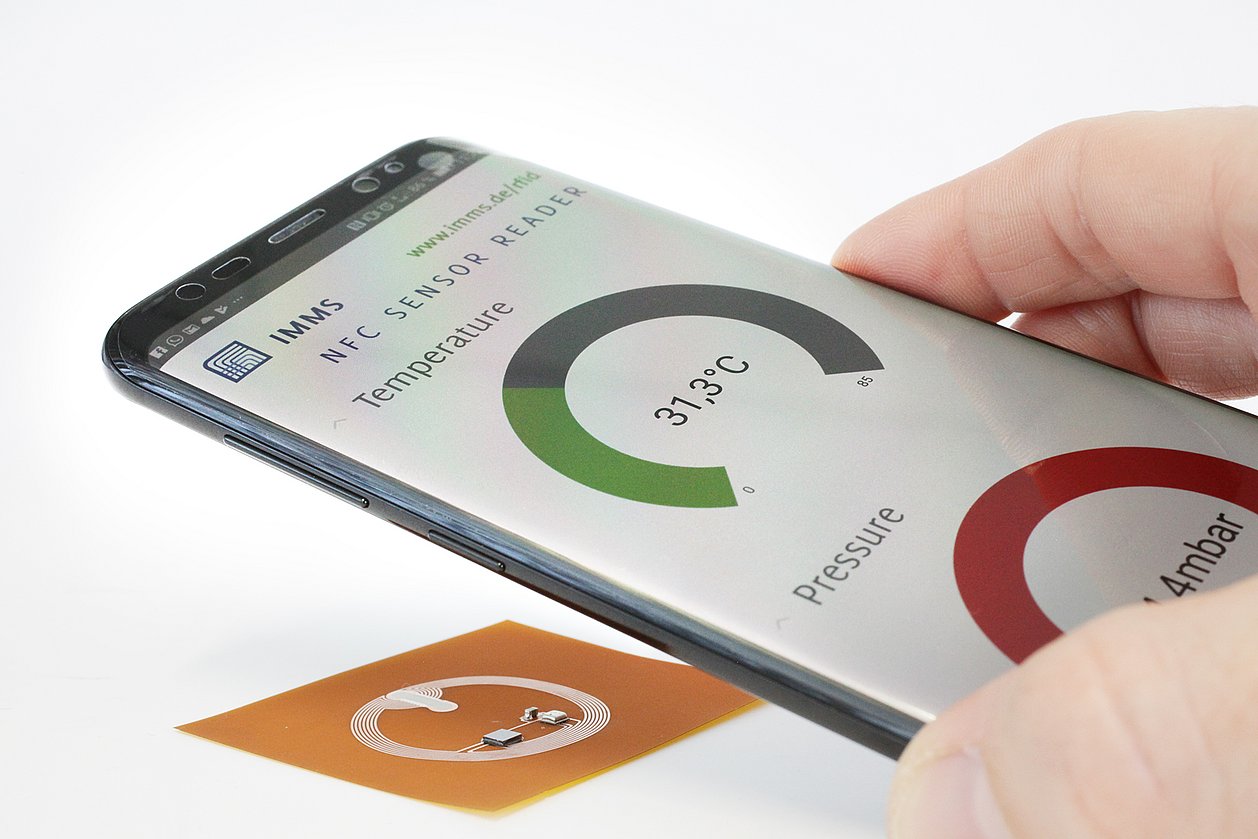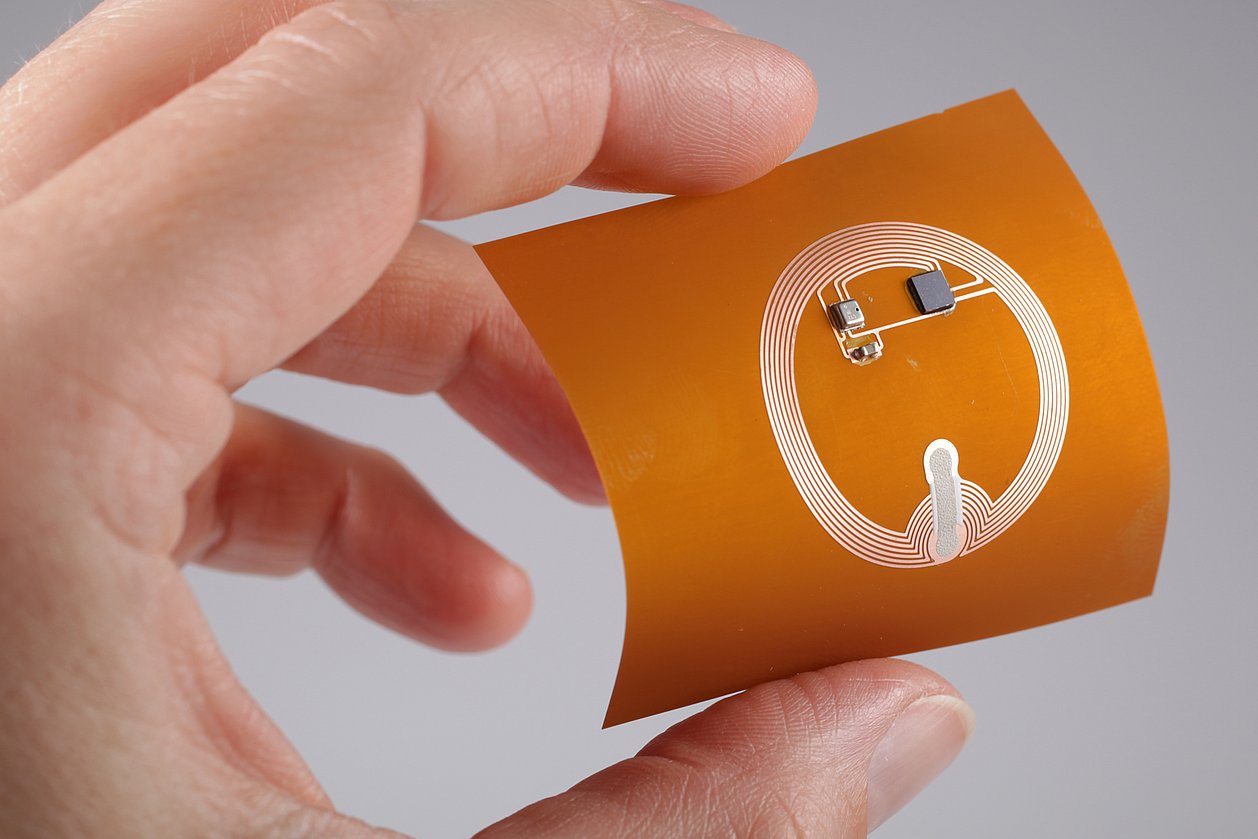Dr.-Ing. Jun Tan
“I find in IMMS a wide platform offering many opportunities to researchers and developers. From the first, I have had the wind in my sails at IMMS; not only the many interesting R&D subjects but also the space to pursue them, receiving at the same time every encouragement and support on both the matter and the means, have been a stimulus to my scientific development.“
”I have been at IMMS since I started my internship with them in microelectronics. This was followed by my dissertation for the German Diplom (MSc equivalent) at the Institute and I received excellent supervision. I continued my involvement in different projects, so that I eventually found the research focus for my doctoral work. It is my aim to combine precision microelectronic low-power smart sensors with miniaturised RFID technology.
The first stages of this idea came to me when I was working on a project in which we were making a temperature sensor capable of measuring temperatures up to 1200 °C with the highest of accuracy for automotive applications. I was one of the members of staff who worked on a highly accurate reference voltage for the analogue-digital converter and a very precise amplifier. I published a related paper on Digitally Trimmable Wide Temperature Range 0.35-μm CMOS On-Chip Precision Voltage Reference at the Analog 2013 conference. When involved in the GreenSense project I shared in work on energy-autonomous sensors, developing an innovative low-power temperature sensor; patent has now been applied for. I went to Japan to present these results with the title A Low-Voltage Low-Power CMOS Time-Domain Temperature Sensor Accurate To Within [-0.1, +0.5] °C From -40 °C To 125 °C at the IEEE APCCAS 2014 conference and received the Best Paper Award. For me, this was not only a very happy moment but also confirmation that I am on the right track for my PhD, which I have been pursuing in the Admont project since 2015. There part of my work is on the development of wireless multiparameter biological sensor networks enabling biochemical data to be captured with no physical contact and thus under sterile conditions.
I find in IMMS a wide platform offering many opportunities to researchers and developers. From the first, I have had the wind in my sails at IMMS; not only the many interesting R&D subjects but also the space to pursue them, receiving at the same time every encouragement and support on both the matter and the means, have been a stimulus to my scientific development. I should like to point that it is a pleasure to work in our international team with its cheerful atmosphere. My colleagues support me all the way. I love analogue IC design. It is my belief that I am making great progress at IMMS and that I will be able to repay the Institute's support through my passion for analogue IC design.“
Related content
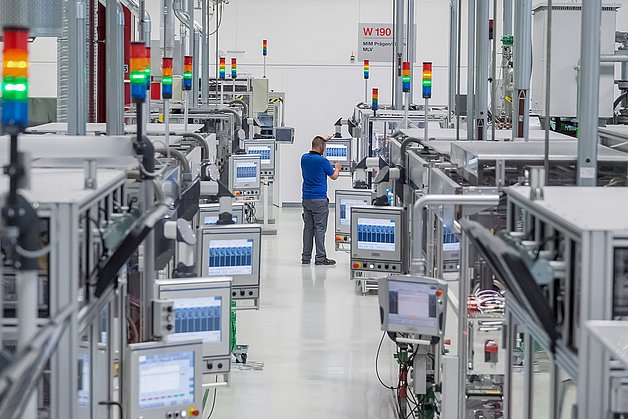
Project
RoMulus
Systematic design and economical manufacture for intelligent multi-sensor systems in small quantities
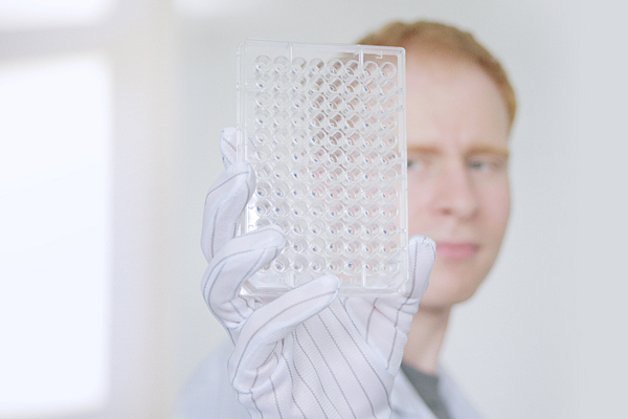
Project
ADMONT
IMMS has validated novel semiconductor process technology with passive RFID sensors and an in-vitro breast cancer diagnostic system.
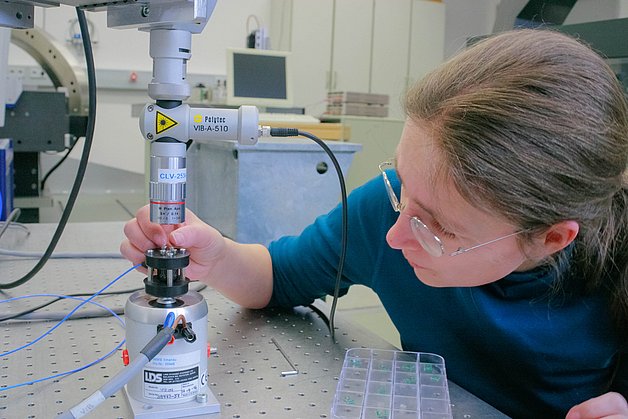
Project
GreenSense
For bio-analysis IMMS developed energy-efficient multi-parametric RFID microsensors and energy harvesting modules for operating autonomous sensors.
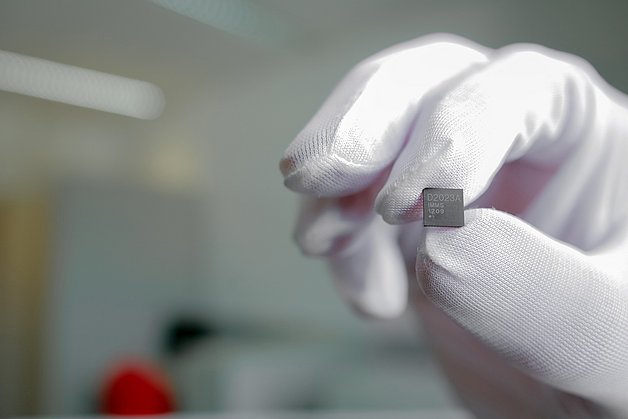
Project
THERMULAB
The developed highly accurate sensor system, operating at 150°C, improves the efficiency of industrial plants and combustion engines.
Modeling and Optimization of Supply Sensitivity for a Time-Domain Temperature Sensor
Jun Tan1.2021 17th International Conference on Synthesis, Modeling, Analysis and Simulation Methods and Applications to Circuit Design (SMACD), Proceedings in: 423 Seiten, 140 x 124 mm, Slimlinebox, CD-Rom, ISBN 978-3-8007-5588-2, E-Book: ISBN 978-3-8007-5589-9, ieeexplore.ieee.org/document/9547935, 19 - 22 July 2021, Erfurt, Germany, online
1IMMS Institut für Mikroelektronik- und Mechatronik-Systeme gemeinnützige GmbH, 98693 Ilmenau, Germany.Design and Optimization of a Control Algorithm for a Digital Low-Dropout Regulator in System-on-Chip Applications
Benedikt Ohse1. Jun Tan2.2021 17th International Conference on Synthesis, Modeling, Analysis and Simulation Methods and Applications to Circuit Design (SMACD), ieeexplore.ieee.org/document/9547956, 19 - 22 July 2021, Erfurt, Germany, online
1Ernst-Abbe-Hochschule Jena, Jena, Germany. 2IMMS Institut für Mikroelektronik- und Mechatronik-Systeme gemeinnützige GmbH, 98693 Ilmenau, Germany.Entwurf, Evaluierung und Optimierung von HF- und UHF-RFID-Sensorsystemen
Björn Bieske1. Tom Reinhold1. Jun Tan1.Analog 2020, 17. ITG/GMM-Fachtagung, Analoge Schaltungen: Schlüsselsysteme für Automotive, IoT und zukünftige drahtlose Technologien, 28-30 September 2020, online
1IMMS Institut für Mikroelektronik- und Mechatronik-Systeme gemeinnützige GmbH, 98693 Ilmenau, Germany.Flexible PXI-Plattform für Evaluierung und Test von HF- und UHF-RFID-Sensorsystemen
Björn Bieske1. Tom Reinhold1. Jun Tan1.32. GI/GMM/ITG-Workshop Testmethoden und Zuverlässigkeit von Schaltungen und Systemen (TuZ 2020), 16. - 18. Februar 2020, Ludwigsburg, Germany
1IMMS Institut für Mikroelektronik- und Mechatronik-Systeme gemeinnützige GmbH, 98693 Ilmenau, Germany.


